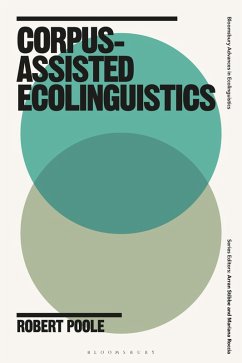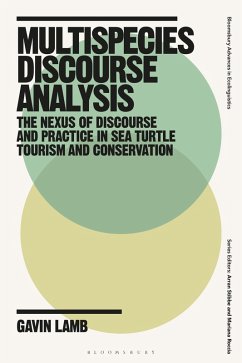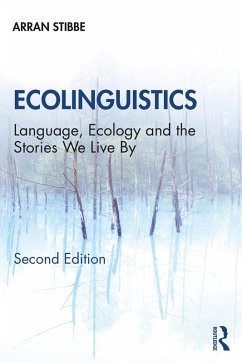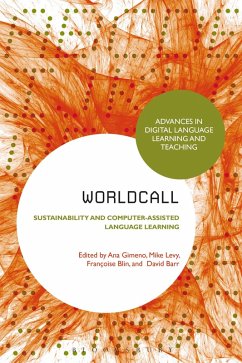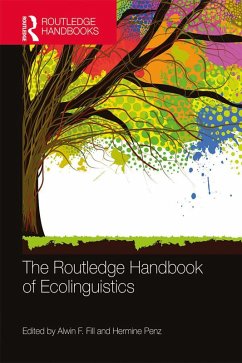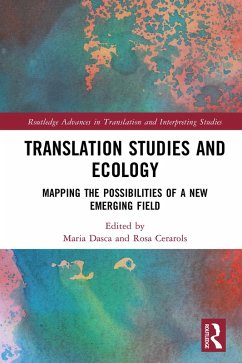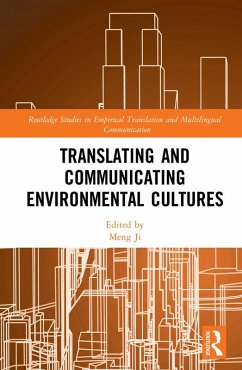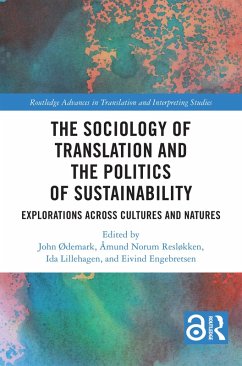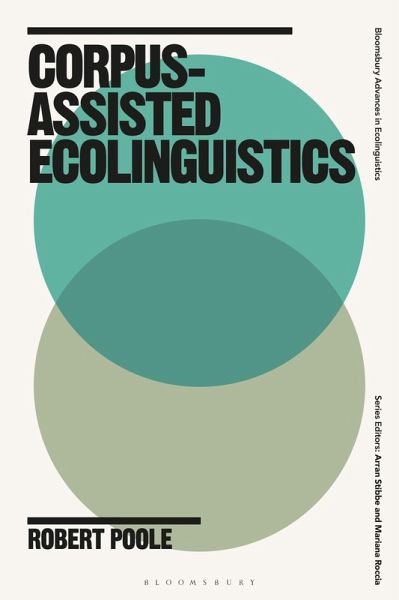
Corpus-Assisted Ecolinguistics (eBook, ePUB)
Versandkostenfrei!
Sofort per Download lieferbar
24,95 €
inkl. MwSt.
Weitere Ausgaben:

PAYBACK Punkte
12 °P sammeln!
Corpus-Assisted Ecolinguistics introduces and integrates key research concepts, principles and techniques in ecolinguistics and corpus-assisted discourse study, answering foundational questions for researchers new to the discipline and asserting the urgent need to expand its scope. Breaking new ground, the book analyzes under-explored environmental discourses that have a tangible impact on ecological wellbeing and sustainability by perpetuating harmful attitudes, practices and ideologies. Chapters present in-depth case studies, including an analysis of the evolving representations of wildernes...
Corpus-Assisted Ecolinguistics introduces and integrates key research concepts, principles and techniques in ecolinguistics and corpus-assisted discourse study, answering foundational questions for researchers new to the discipline and asserting the urgent need to expand its scope. Breaking new ground, the book analyzes under-explored environmental discourses that have a tangible impact on ecological wellbeing and sustainability by perpetuating harmful attitudes, practices and ideologies. Chapters present in-depth case studies, including an analysis of the evolving representations of wilderness, an eco-stylistic analysis of a popular novel, and an investigation of the use of humor in reports on animal escapes from slaughterhouses. The studies employ a range of corpus analysis techniques to show how ecological degradation and crisis have become normalized, and even trivialized, in popular discourse but also spaces where positive discourse practices are present. By applying tools from corpus linguistics to a diverse range of environmental discourses, this book makes a significant contribution to advancing the field of ecolinguistics.




